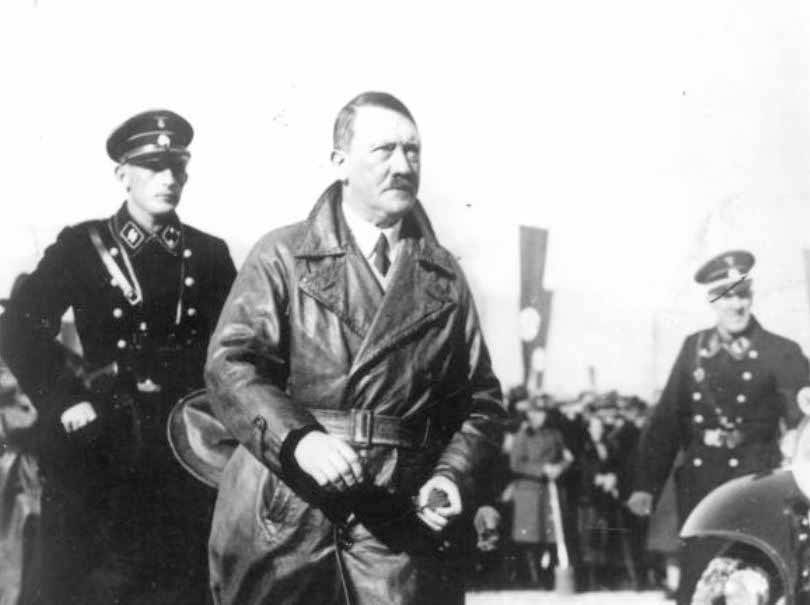×
The Standard e-Paper
Stay Informed, Even Offline

Adolf Hitler arriving at the Olympic Stadium for the opening of the games in 1936 [File]
At the height of the Second World War, when everybody in Europe was cringing in fear at the mention of German leader Adolf Hitler, Nairobi too had its share of horrors.